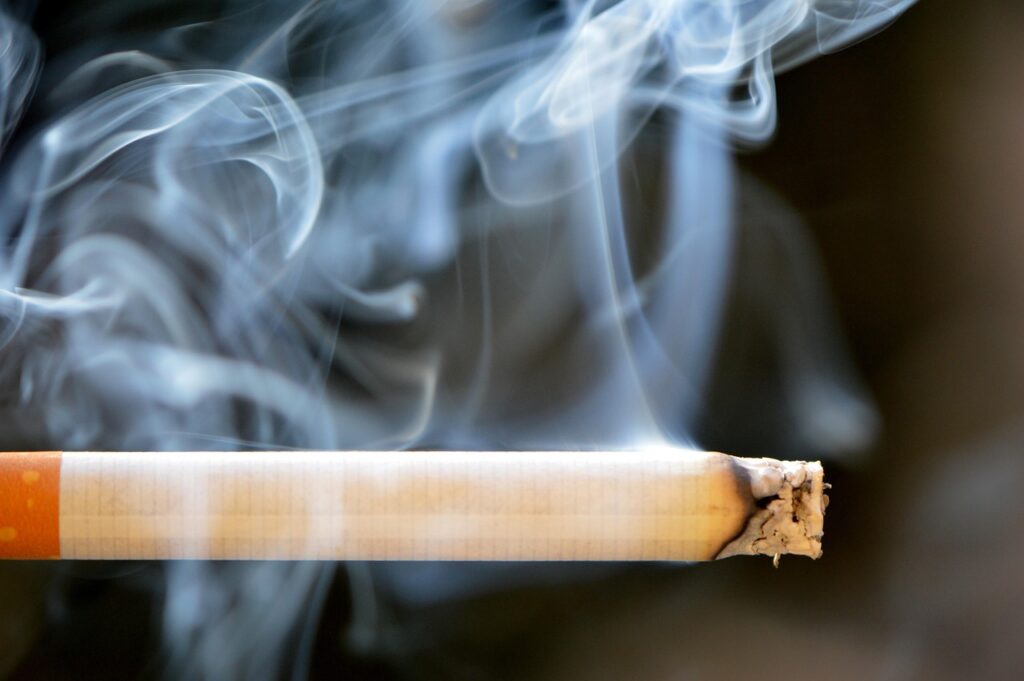Seven papers on various aspects of vaping and cigarettes published in Toxicology Reports listed each authors’ affiliation – the tobacco company Philip Morris International – when they originally appeared in the journal between 2019 and 2023. And all but one article disclosed the funding for the research originated from the company.
That apparently wasn’t enough for the journal.
Toxicology Reports has issued a correction to add those affiliations as a conflict of interest. The statements were “missing or incorrect” in the original papers, according to the correction notice, published in the June 2025 issue of Toxicology Reports. In addition to reiterating that the authors work for PMI, the correction also adds to the conflict of interest statements that the authors were funded by the company and used its products in the research.
“While the authors’ affiliation to Philip Morris was indeed listed on the articles, Elsevier policies and ICMJE recommendations require disclosures of competing interests to be added to articles, and full details on the potential conflict of interests of authors, where applicable, must be provided,” a spokesperson for Elsevier, which publishes the journal, told us.
The spokesperson said the issue “was flagged to us recently” but would not say by whom.
Elsevier contacted the authors at Philip Morris, and both parties agreed to the correction. “At the publisher’s request, we added details to the conflict of interest section to reflect information already included in the author affiliations,” a spokesperson for the company said.
The correction added the following “Declaration of competing interest” to each paper:
The work reported in this publication involved products developed by Philip Morris Products S.A., which is the sole source of funding and sponsor of this research. All authors are employees of PMI R&D or worked for PMI R&D under contractual agreements.
The papers included reviews and primary research on the toxicology of heated tobacco and e-cigarettes. Others ranged from a study of aerosols from hookah tobacco to a methods paper comparing multiple cigarettes for use as a baseline reference in studies of other tobacco products. Most of the papers have been cited up to 19 times; one of them has been cited 63 times, according to Clarivate’s Web of Science.
Toxicology Reports has had oversight issues in the past. In 2021, the journal issued an expression of concern on an entire special issue on COVID-19 over “concerns raised regarding the validity and scientific soundness of the content.” At least two of the papers in the issue have since been retracted.
Like Retraction Watch? You can make a tax-deductible contribution to support our work, follow us on X or Bluesky, like us on Facebook, follow us on LinkedIn, add us to your RSS reader, or subscribe to our daily digest. If you find a retraction that’s not in our database, you can let us know here. For comments or feedback, email us at [email protected].

I would rate the affiliation as more visible than the COI disclosure. So it doesn’t seem that bad to me, unlike the products they sell.
But you have to wonder about a journal that is happy to publish papers from tobacco/vape companies in the first place.
The journal is called Toxicology Reports. You don’t believe that we should research toxic consumables???
Given the long, disgraceful history of the tobacco industry manipulating science I’m inclined to side with the journal on this one.